#16: Profit vs Mission: Can you truly pursue both? - Adriana Luna-Diaz
‘I am on a mission to make organic food mainstream, accessible to everyone regardless of their income level’. While doing so, Adriana Luna-Diaz is building a profitable bootstrapped business based on the principles of holacracy (decentralized management model).
Adriana is co-founder and director of Tierra de Monte, a Mexico-based AgriTech company. Forbes Magazine named Adriana among the 100 most powerful women in Mexico in 2021.
Tierra de Monte creates products that improve soil fertility, protect crops and foster biodiversity. With a team of 9 and a large network of partners, the company has been operating in Mexico, Guatemala, Peru and Ecuador since 2015.
From helping your own children to building a business
11 years ago, Adriana’s daughter was born allergic, and organic food for her was not just a nice wish, it was a necessity. Adriana and her husband, both biologists, developed an organic powder to boost yield in their garden while producing their own organic food. Adriana soon realized the developed powder could not only help her family but had the potential to become a successful commercial product with a tremendous impact. That’s how fulfilling a family need transformed into a mission of well-being for everyone.
“I realized I had something in my hands that could help a lot of people, especially mothers in a similar situation who couldn’t afford quality food for their children.”
Employees on a mission to serve the customers
As biologists, Adriana and her co-founder think about business as a system. Instead of departments, they have ‘cells’ and there is no strict hierarchy. Each team member is encouraged to go to the fields and work with their own product shoulder to shoulder with their customers. Following such an approach team members of Tierra de Monte become customers’ advocates.
Bootstrapping as a way to be creative and efficient
Adriana and Darya are discussing the reasons for choosing to bootstrap instead of raising external capital and how it shapes your actions as a founder. Each hire should be a perfect match, all activities, operations and investments should serve the purpose and be well thought-through. There is little space to waste money, you need to learn systematically with each mistake. Sadly, most investors haven’t yet grasped the need for accessible organic food and its impact on society.

